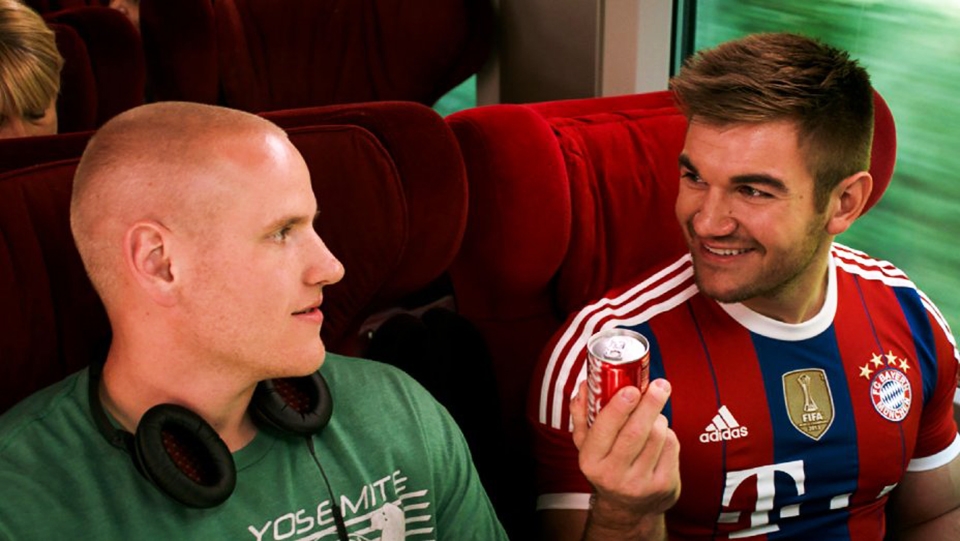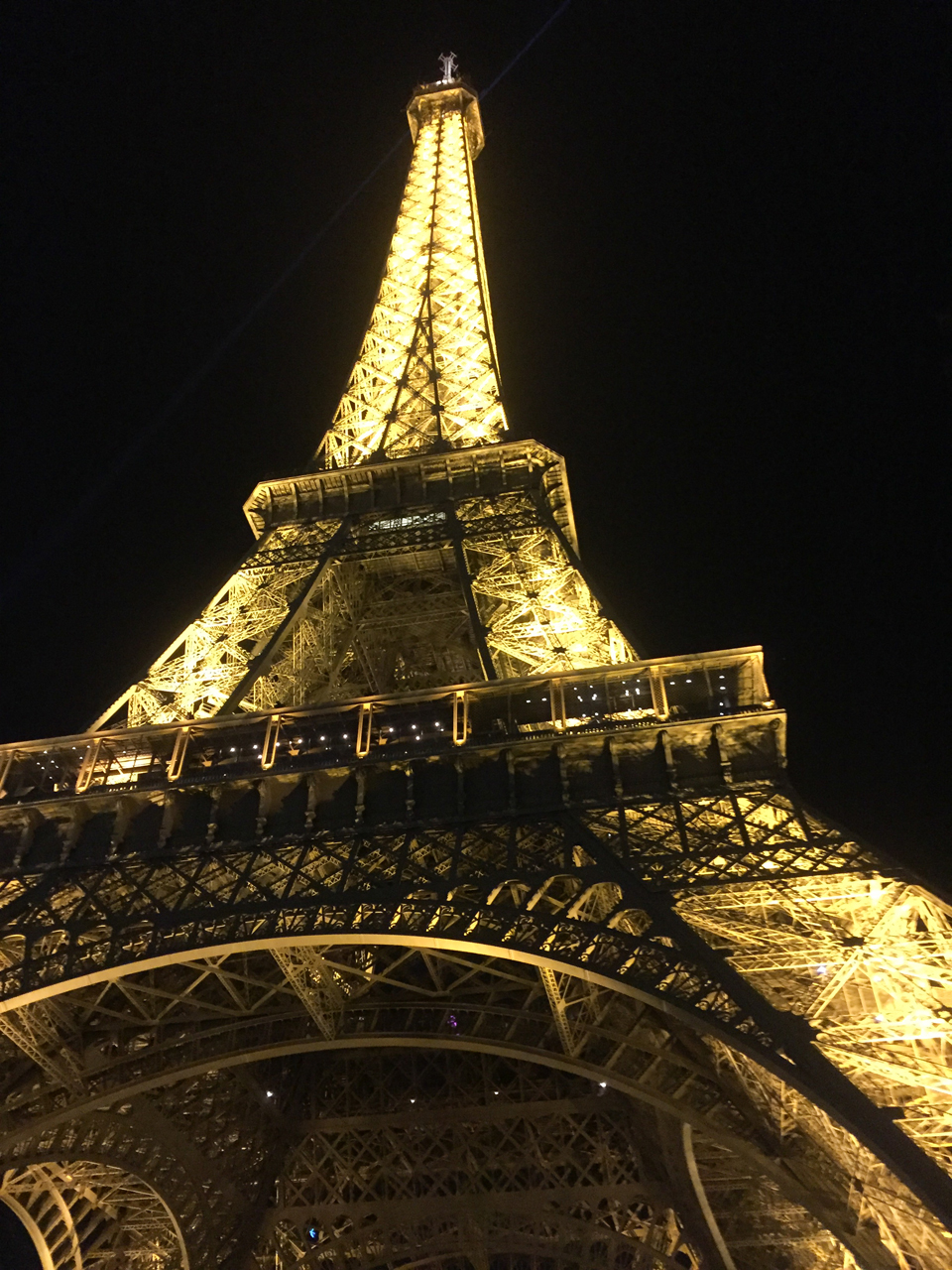

Clint Eastwood chose to use the real-life heroes of the incident as actors.
Griffin Sendek | Staff Writer
01/17/19
For every Oscar-winning masterpiece, there are 100 more god-awful films. 2018 had its share of cinematic works of art, but it had its share of films that were nearly unwatchable as well.
The world was graced with what I believe was the worst film of 2018 in early February. From the creative mind of the once western movie hero and now Hollywood director, Clint Eastwood, came The 15:17 to Paris, a film which unequivocally is a dumpster fire projected onto the silver screen.
I had originally planned on reviewing this 94-minute disaster upon release, but got severely sidetracked by sudden hospitalization. Could it be that this movie was so bad it caused my spontaneous organ failure? Probably not, but I won’t rule it out.
The 15:17 to Paris is the film adaptation of the true story of Aug., 21, 2015, when three Americans stopped the attempted terrorist hijack of a train en-route to Paris, likely saving the lives of everyone on board. I won’t argue the merits and titles of the three friends as heroes. That being said, this film does not serve them justice.
Eastwood decided that no one could tell the story of these three friends — Spencer Stone, Anthony Sadler and Alek Skarlatos — better than themselves in his movie, and the three real-life heroes star as themselves in this flick.
Much like the movie itself, this is an interesting concept in theory, but it fails in execution. Its biggest problem arises from the fact that none of these three men have any acting experience, and putting them in front of a camera did not magically change that fact. It is surprising how well they did given the circumstances, but their inexperience is still evident throughout and severely weighs down the film.
The climactic terrorist-stopping event which The 15:17 to Paris centers around took place start to finish in only a matter of minutes. Stretching a 15-minute sequence into a full-length movie is obviously impossible. Therefore, Eastwood extends the run time by including moments of the three men’s childhoods, jumping to their adult life with a large portion dedicated to their vacation across Europe.
I understand the need to flesh out who Stone, Sadler and Skarlatos are, and the idea of showing how seemingly-insignificant decisions and events in our lives can lead us to be in the right place at the right time is executed well enough. Unfortunately, all of those sections are horribly dull and feel like unnecessary padding.
The story and characters aren’t the only things which were dull. Nearly the entire film is blandly and incoherently shot. The heavy use of handheld camera throughout appears to have been an attempt to replicate a realistic feel of the film. This is yet again another interesting idea that fell short. When the handheld cameras are used, they are distracting, and their absence is jarring and does not feel consistent to the rest of the film.
The 15:17 to Paris feels like a film that was quickly thrown together without any thought, communication or any comprehensive theme or style. The movie is chock-full of moments that are utterly painful to watch. Out of nowhere, the film features one of the worst and most unnecessary training montages that I have ever seen put to screen. Also, a scene in an Amsterdam nightclub looks like an honest attempt to try something new and different but ultimately feels entirely vacant of meaning.
For a movie that is relatively short, The 15:17 to Paris feels remarkably long to watch. The pacing is just so dreadfully slow and the content surrounding the train sequence is so brain-numbingly dull that the movie is practically unwatchable.
The one saving grace of this film is the train sequence, spliced in four-or-five moments throughout, before coalescing near the end. This scene, or collection of scenes rather, appears to have had the most thought and work put into it. Comparing it to the rest of the film, it is almost as if it was made by a completely different director. There is intensity, emotion and suspense, it showcases the best acting from the three leads and its cinematography demonstrates consistency and coherence. Unfortunately, one good scene chopped up into four or five little bits cannot salvage an otherwise awful viewing experience.
Clint Eastwood has made great films in the past, and I expected far better from him. Hopefully one day he is able to make a film that can redeem himself, but until then, do yourself a huge favor and do not watch The 15:17 to Paris.




